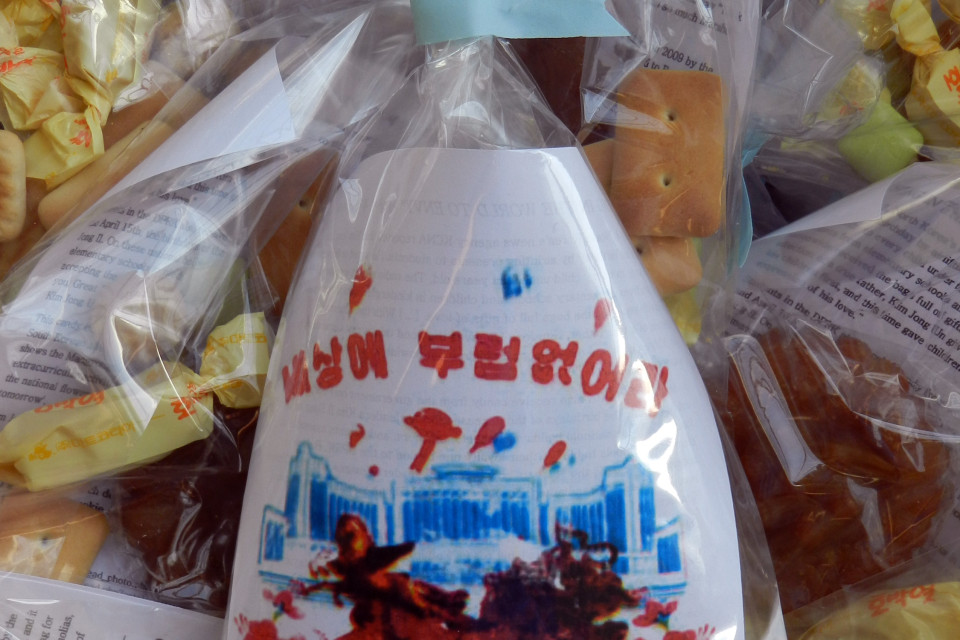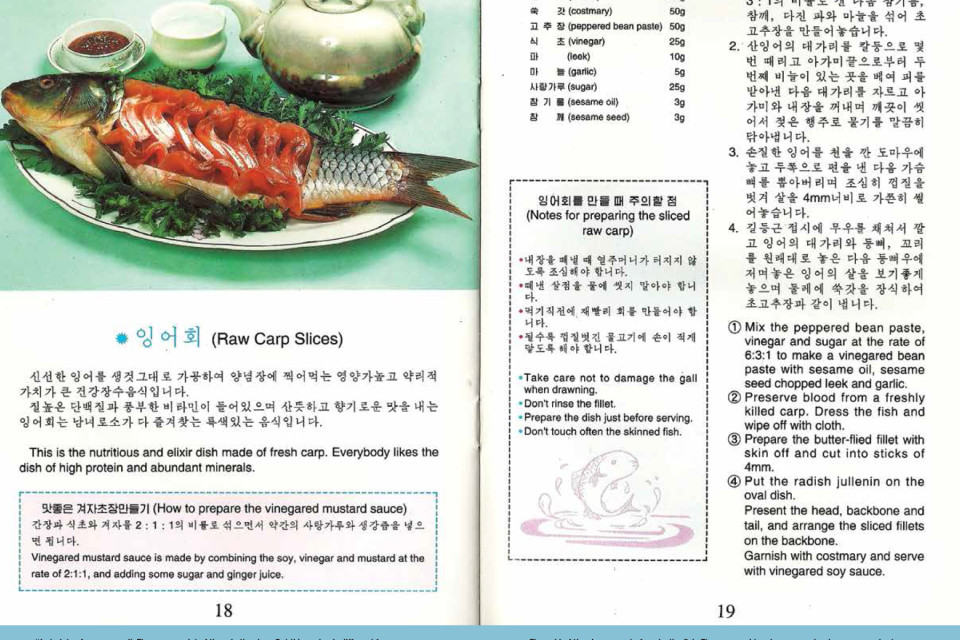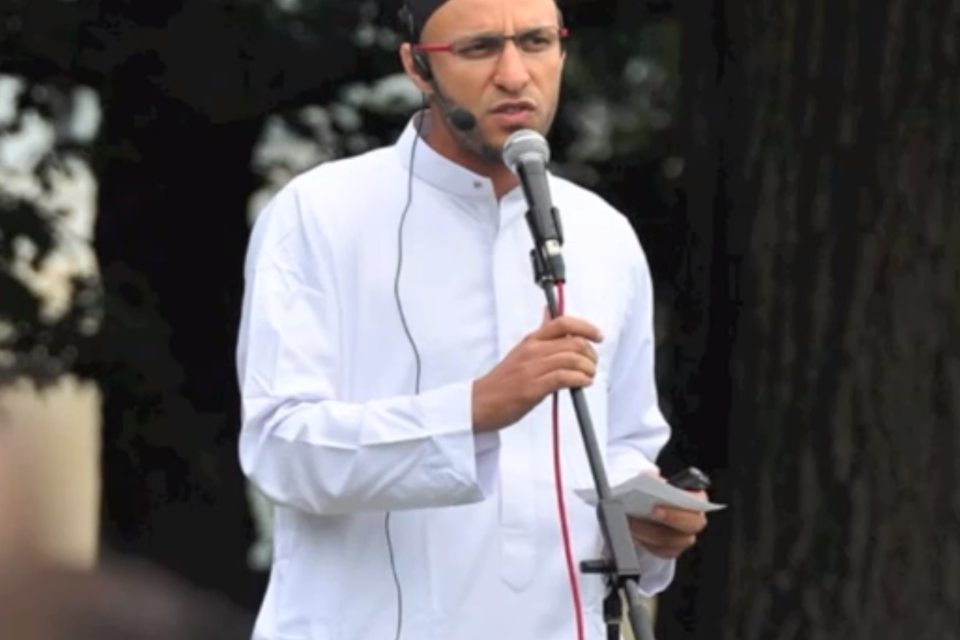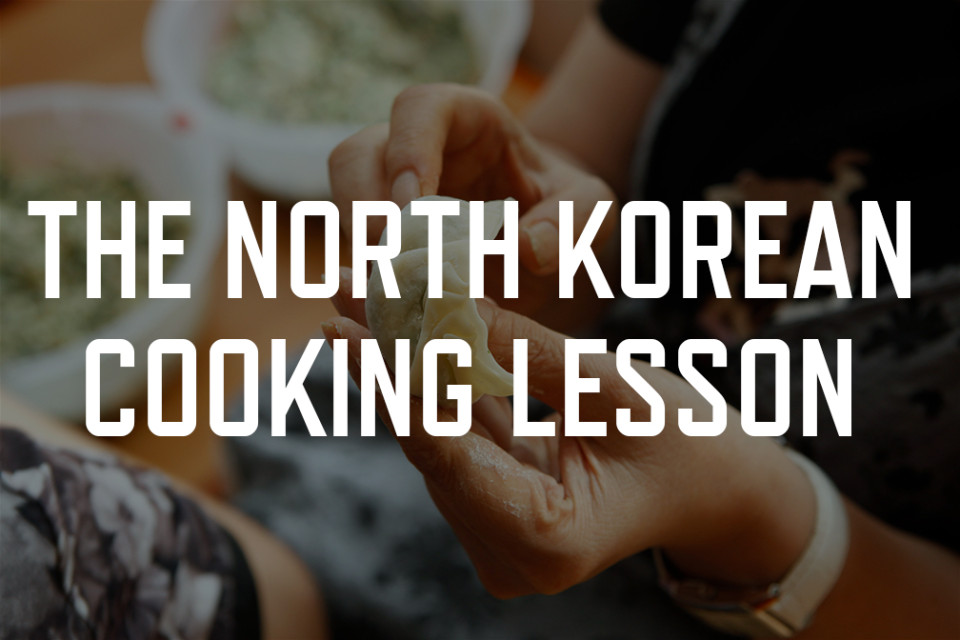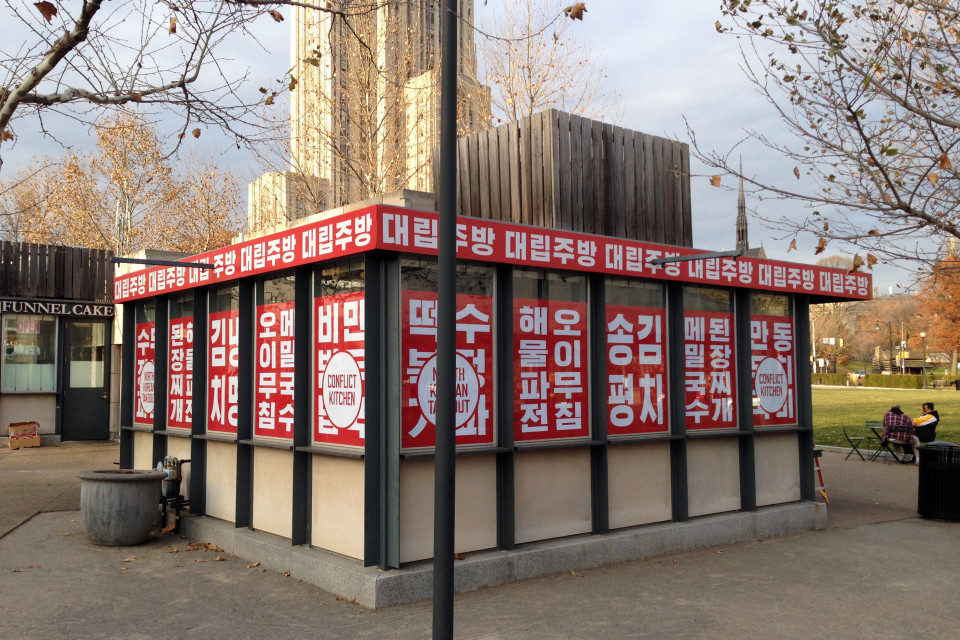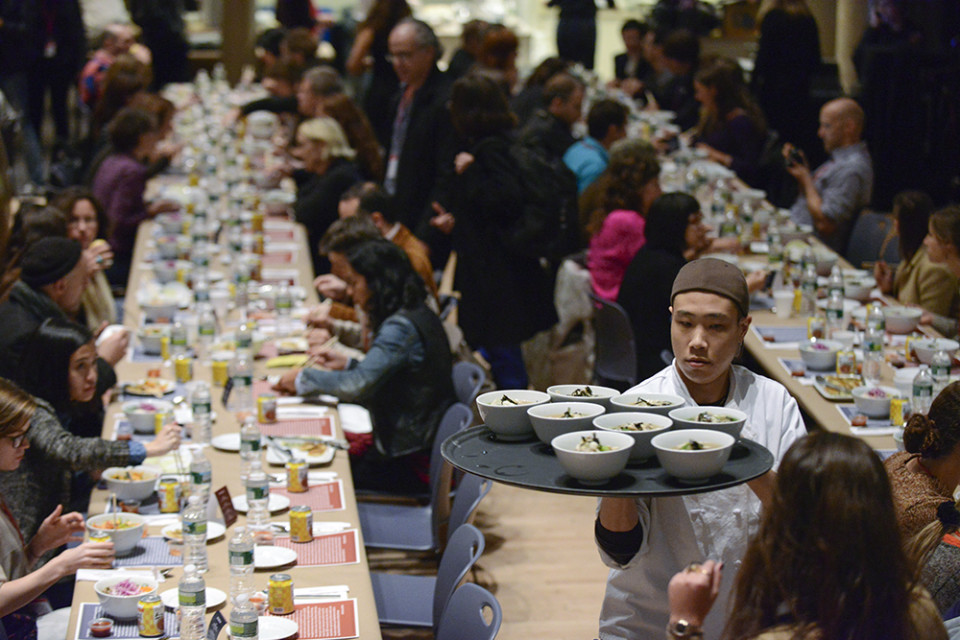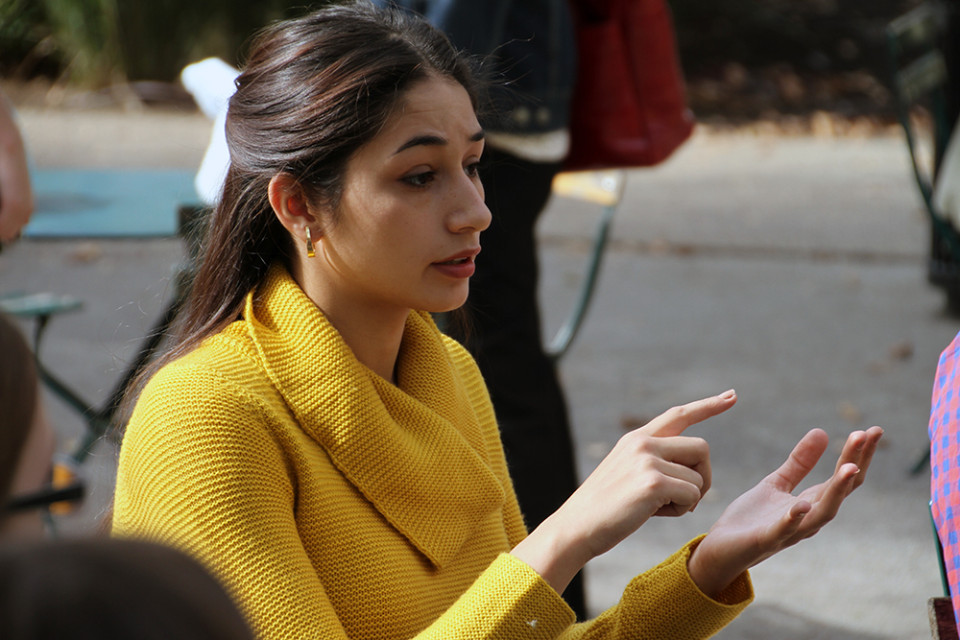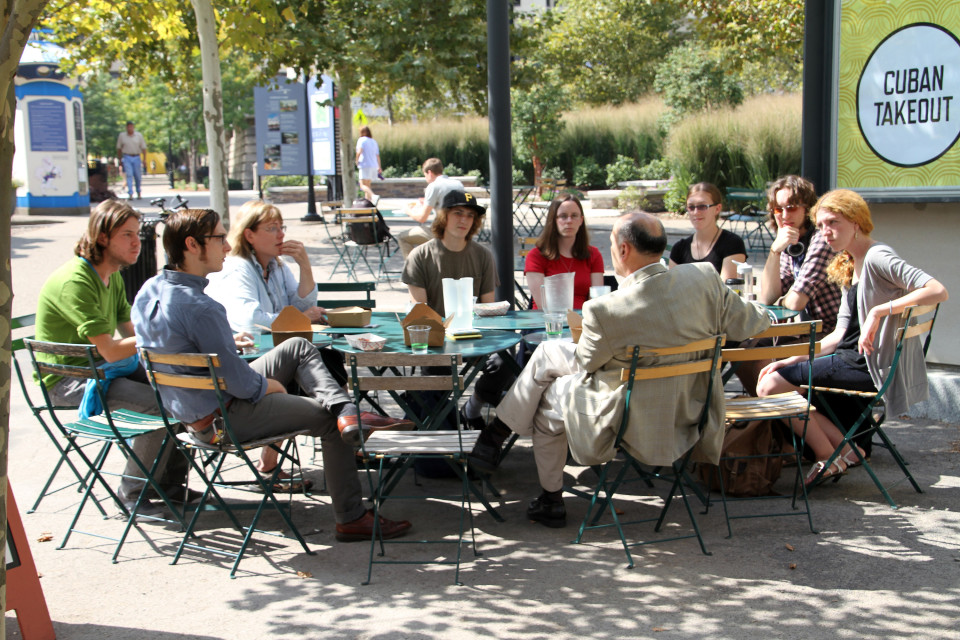In North Korea, I had to be a vegetarian because there was no meat at all. Usually I ate corn, sometimes rice, and mostly vegetables. Many North Koreans suffer from imbalanced nutrition because it is hard to get fat or protein from food. That’s why you see photographs of North Korean children who are very thin with “bulky stone necks.” It is a symptom of starvation. When I came to South Korea, there was so much food to eat. But I had limited cooking skills and found that much of the restaurant food wasn’t satisfying.
I lived in Pyongyang for six months, and all the city officers really liked to eat nokdu jeon (mung bean pancakes). They are especially popular because they are considered a healthy food. They are supposed to be very good for your body. In the countryside, they would eat sorghum pancakes instead of mung bean pancakes. My mother used a lot of sorghum for cooking, and sometimes she would make fifteen different kinds of sorghum pancakes topped with apples or pears. For holidays, she would make them into flower shapes.
We used to make a thing called tadpole noodles. We’d make a paste from corn and pour it over a net. It would drop into cold water, like German spaetzle. We would eat the “tadpole” pieces with soy sauce.
The dumplings in North Korea vary because the stuffing is different from region to region, and every household has their own special recipe. We only eat meat like two or three times a year. If you have a lot of kimchi or radish left, you can use those for the stuffing. For the holidays, we use meat with basic ingredients like garlic, carrots, onions, and spring onions.

